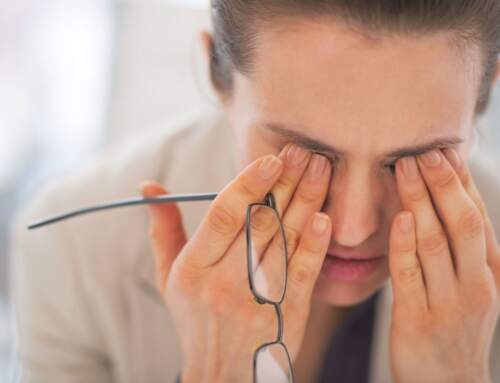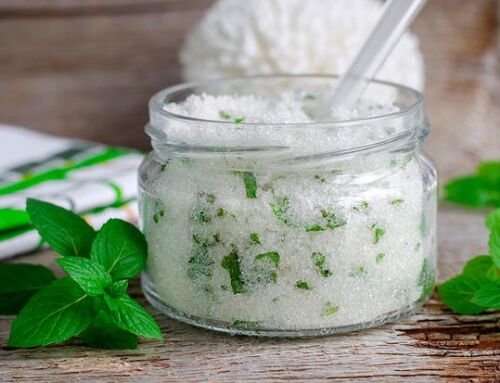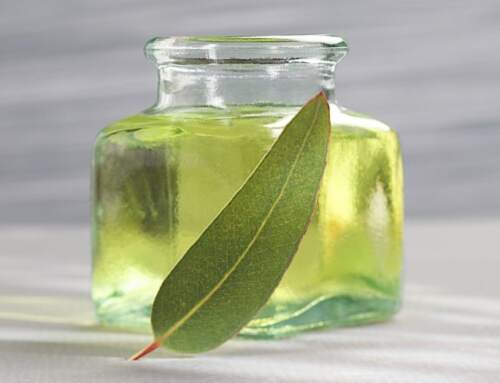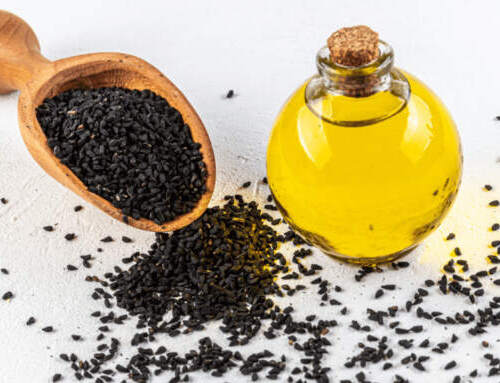The best essential oils for increased energy levels
 Life is exhausting. Family, pets, work, anxiety, and having a bedmate who snores … can all lead to relying on cup after cup of coffee to get through the day.
Life is exhausting. Family, pets, work, anxiety, and having a bedmate who snores … can all lead to relying on cup after cup of coffee to get through the day.
There isn’t one magic fix that instantly leads to increased energy: good sleep, eating healthy food, thyroid function, and stress management all play a part. But there is one supporting player on the better energy all-star team that’s often overlooked: essential oils.
While using essential oils for energy levels isn’t a replacement for prioritizing all the other factors that could be contributing to fatigue, it can help. Here, chiropractor Eric Zielinski, DC, author of The Healing Powers of Essential Oils and the newly released The Essential Oils Diet, shares his tips on how to use an essential oil for energy.
Essential oils that encourage deep breathing: peppermint, eucalyptus, and cardamom
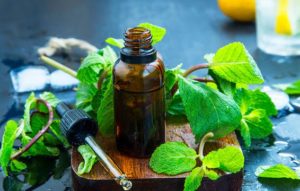 “We often don’t think about it, but deep breathing is directly connected to better energy,” Zielinski explains. “One reason why many people have an energy deficit is that they’re taking such shallow breaths all the time and there isn’t enough oxygen flowing through the body and to the brain.” (It’s worth noting that the Sanskrit word “prana” literally means both “breath” and “energy.”)
“We often don’t think about it, but deep breathing is directly connected to better energy,” Zielinski explains. “One reason why many people have an energy deficit is that they’re taking such shallow breaths all the time and there isn’t enough oxygen flowing through the body and to the brain.” (It’s worth noting that the Sanskrit word “prana” literally means both “breath” and “energy.”)
When it comes to which specific essential oils are linked to deeper breathing, Zielinski calls out a very small 2013 study linking breathing peppermint essential oil to increased VO2 in athletes but adds that eucalyptus and cardamom are both popular oils that can provide respiratory support. (Eucalyptus is a decongestant, promoting deeper breathing. Cardamom is considered “warming” and can help improve circulation.) [Read more about eucalyptus]
Mood-boosting essential oils: orange, lemon, lime, grapefruit
Zielinski also points out that fatigue can also often stem from a mood imbalance. “Mood is a big piece of energy,” he says. “We know that

chronic stress and depression can lead to chronic fatigue, and we also know that citrus oils such as sweet orange essential oil, lemon, lime, and grapefruit essential oil, are linked to boosting mood.”
Because memory and smell are so intricately linked, Zielinski says that other essential oils can help boost mood too, based on what makes you specifically feel warm and fuzzy inside. “For some people, lavender is a mood-boosting scent because they have such happy memories tied to it; it’s very individual,” he says.
Oils that support good sleep: lavender, chamomile, valerian root
Getting good sleep is a big part of feeling energized throughout the day, which is why Zielinski recommends working essential oils into your nighttime routine, too. “If you are really wanting to use essential oils for energy, you likely aren’t going to be using the same blends all the time; your morning blend will be different than your night blend because you don’t want to perk up at 10 p.m., which is likely what peppermint will do,” he points out. [15 Homeopathic Remedies]
Lavender, chamomile, cedarwood and valerian root are all essential oils that are linked to promoting good sleep. Lavender can calm the nervous system, helping you relax, while chamomile can help with anxiety, and valerian root is literally used as a natural sleep aid.
How to use essential oils for energy
Now that you know which oils contribute to an energy boost, how do you use them? Zielinski recommends topical use, applying a few drops of your chosen oil or blend to your wrists or neck. “The reason why I like topical use is that you basically become a walking diffuser,” he says.
For the quickest effects, Zielinski says inhalation is best. “Nothing is faster than inhalation,” he says, adding that a diffuser can be used in this way. “If you don’t believe me, take a whiff of peppermint. You’ll instantly perk up!”
Whether you choose to apply an essential oil topically or use a diffuser, Zielinski says the effects won’t last more than a couple of hours, so because of this, you may want to incorporate them into your routine throughout the day. “Perhaps you have one blend you smell in the morning, one in the afternoon, and one before bed,” he says.

